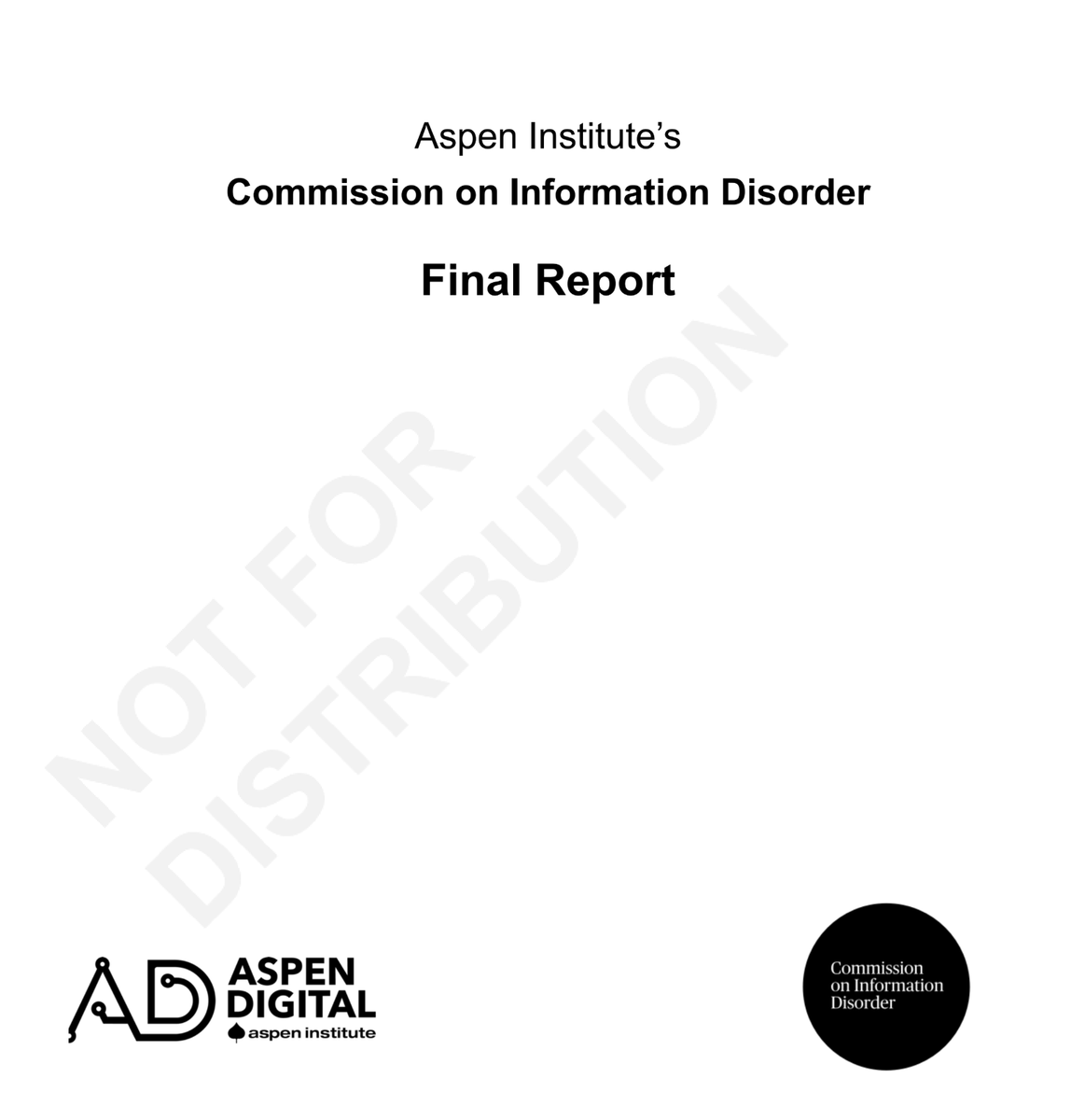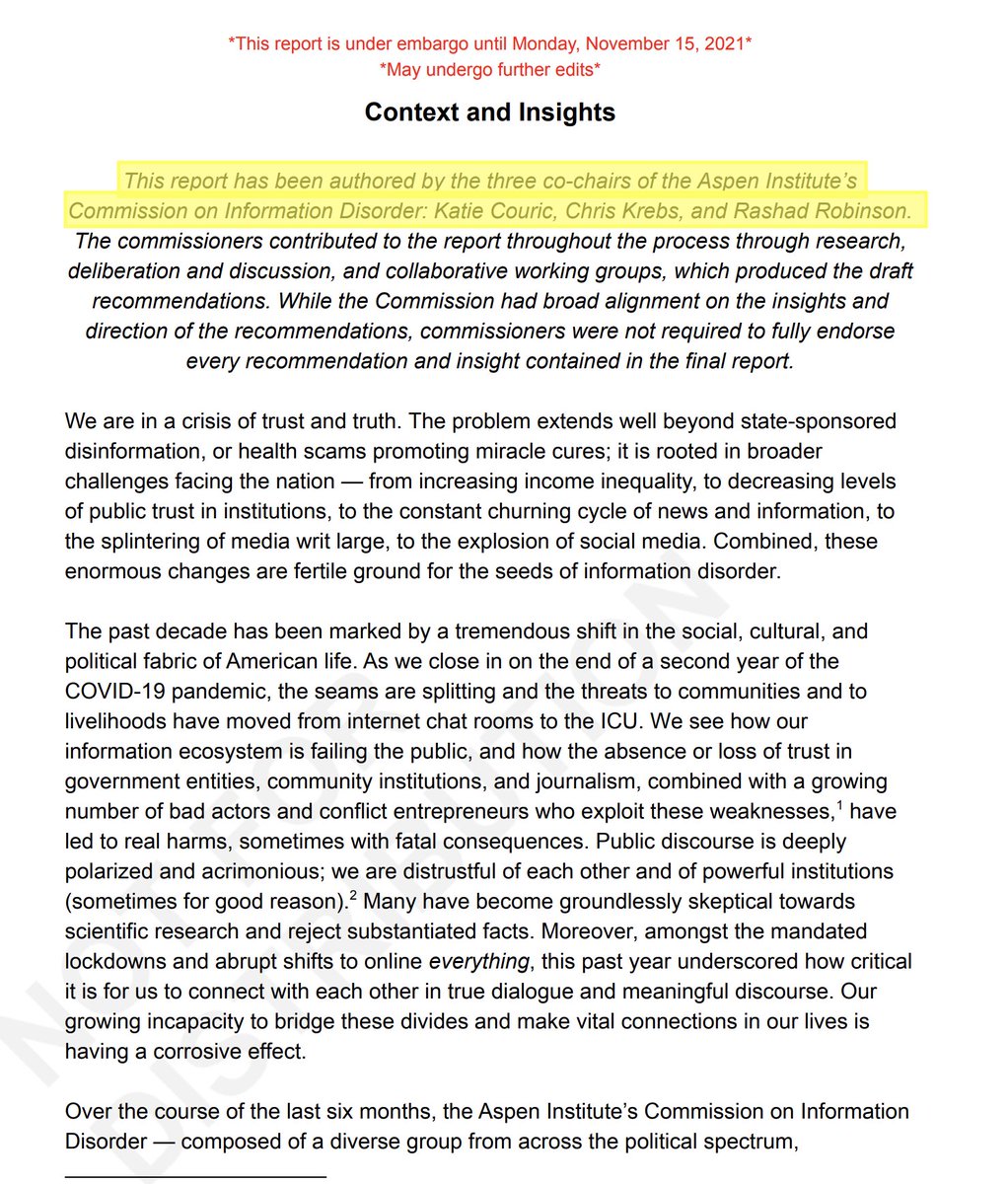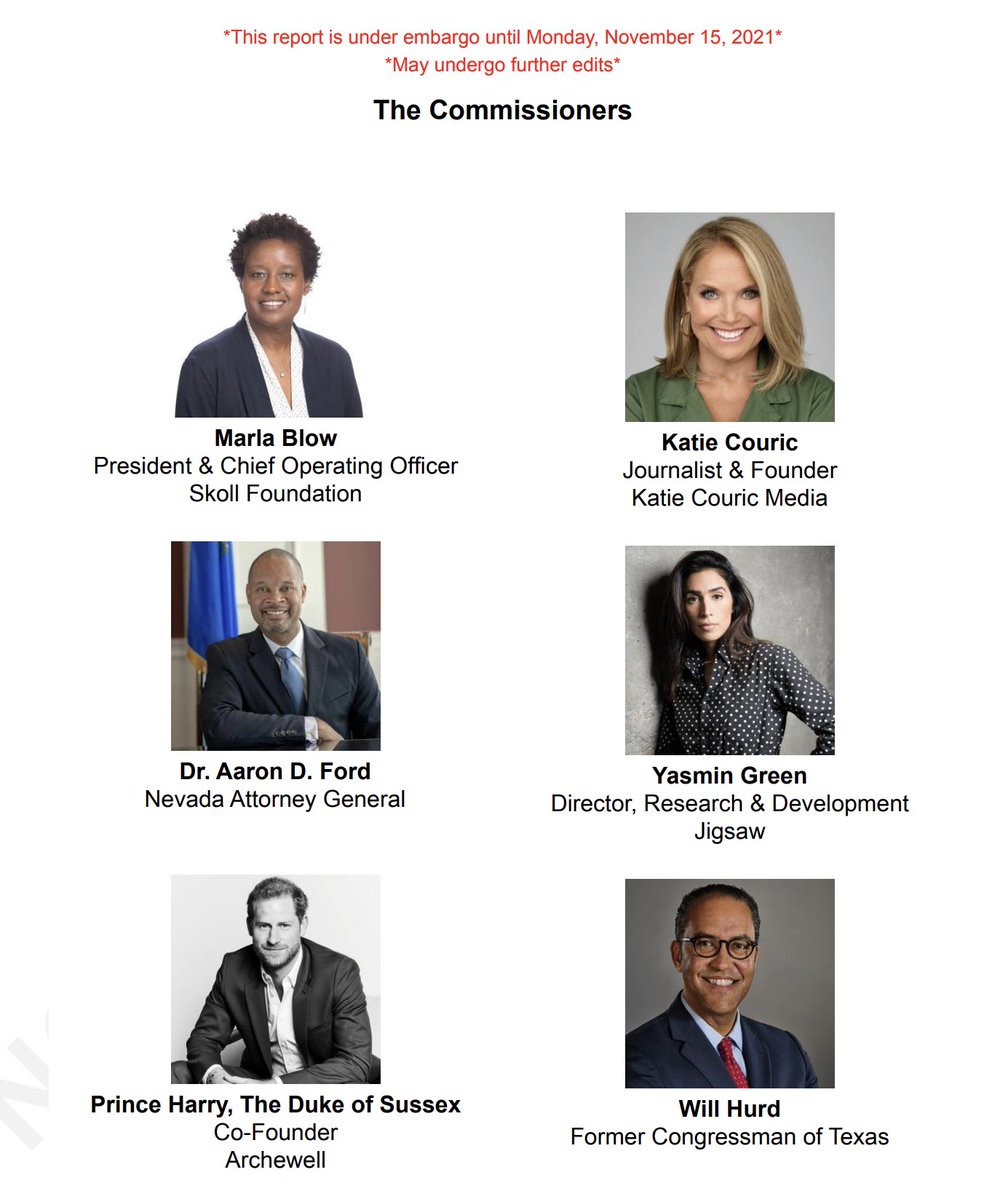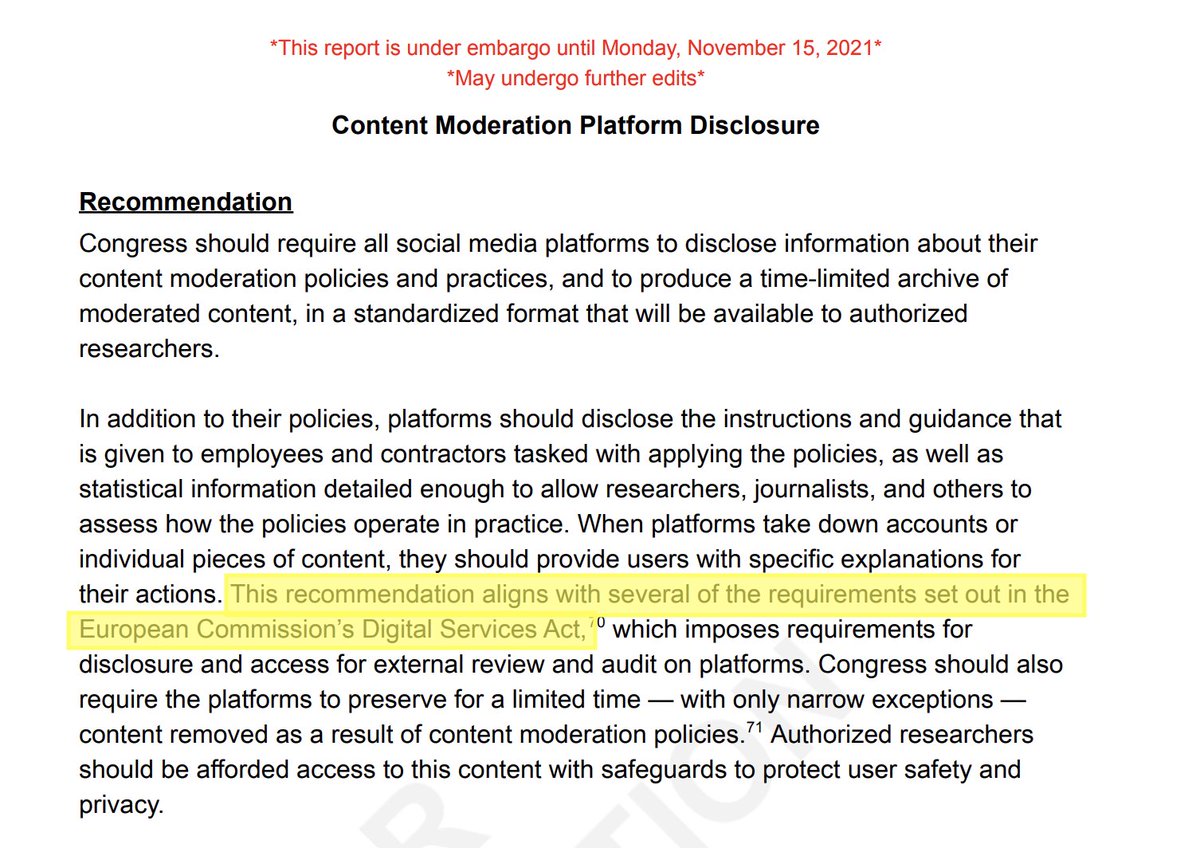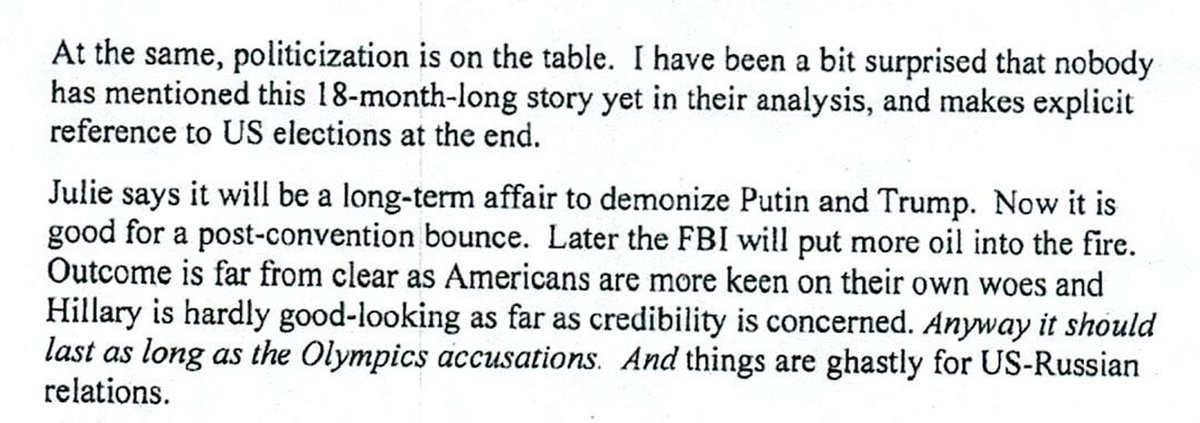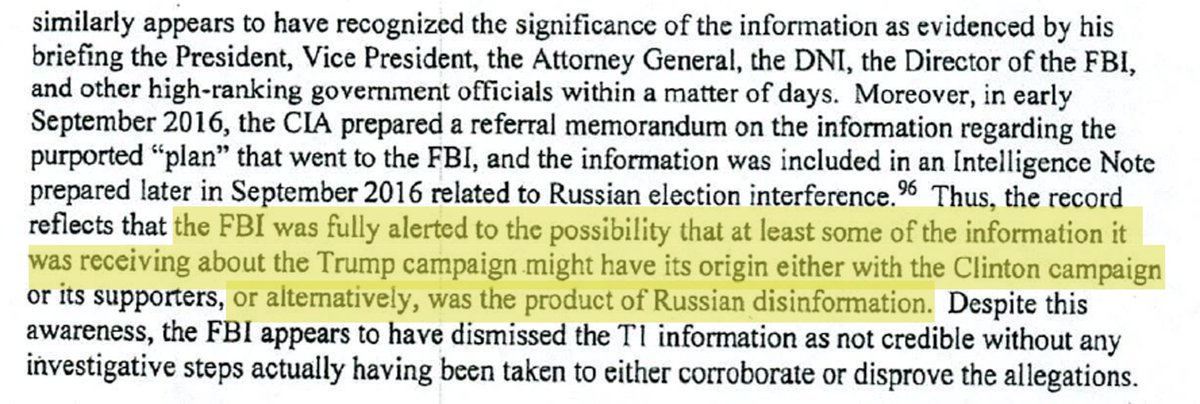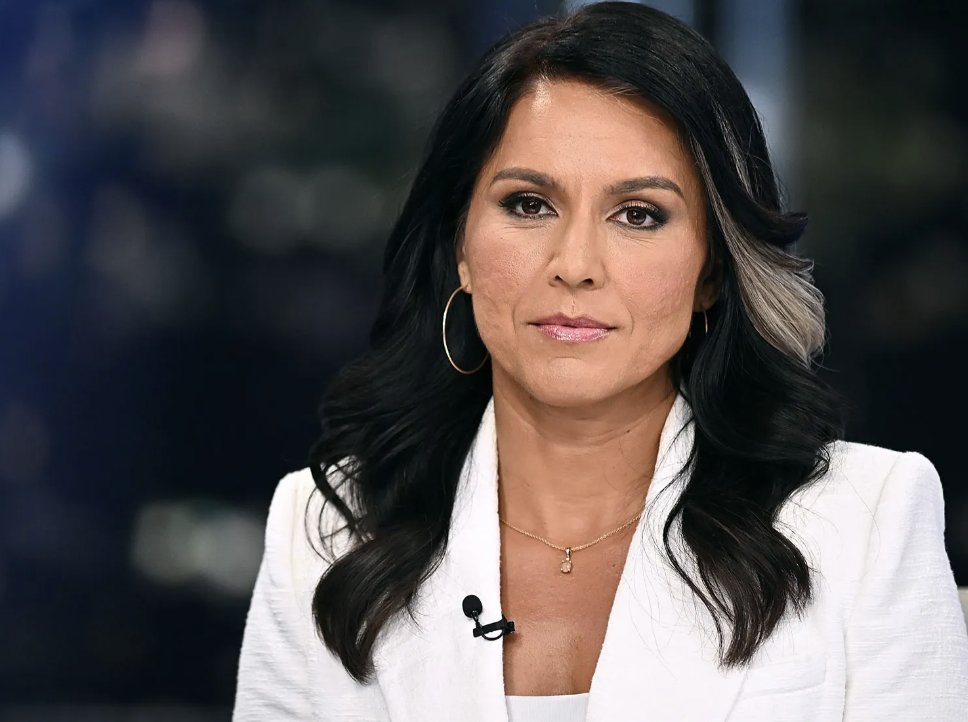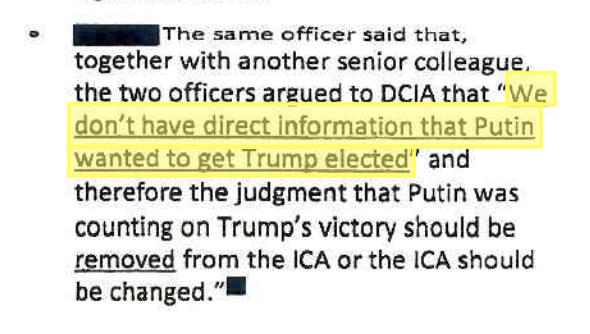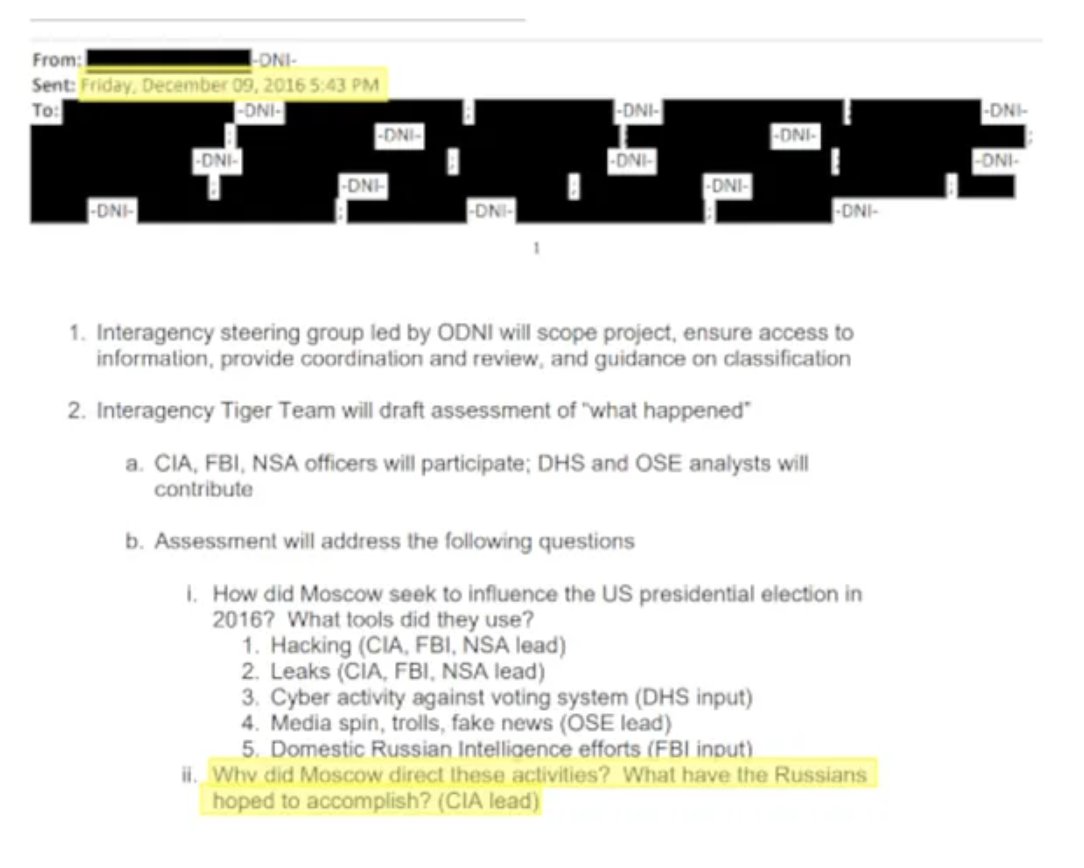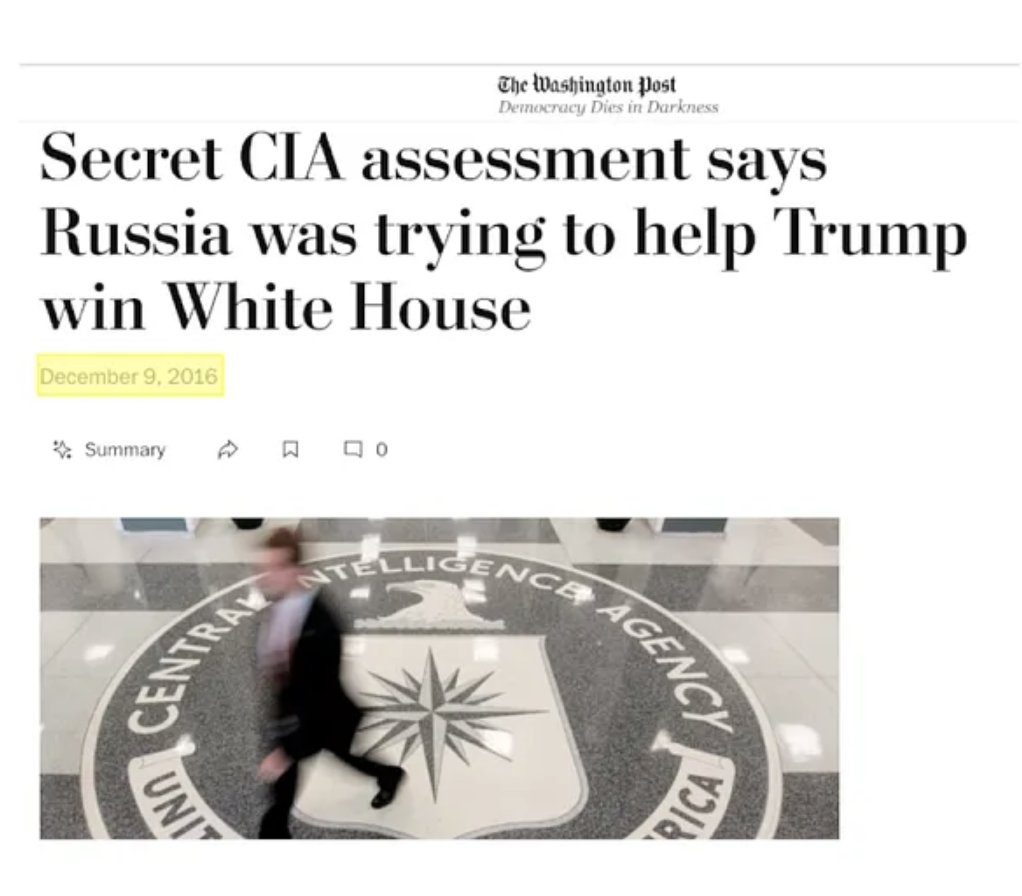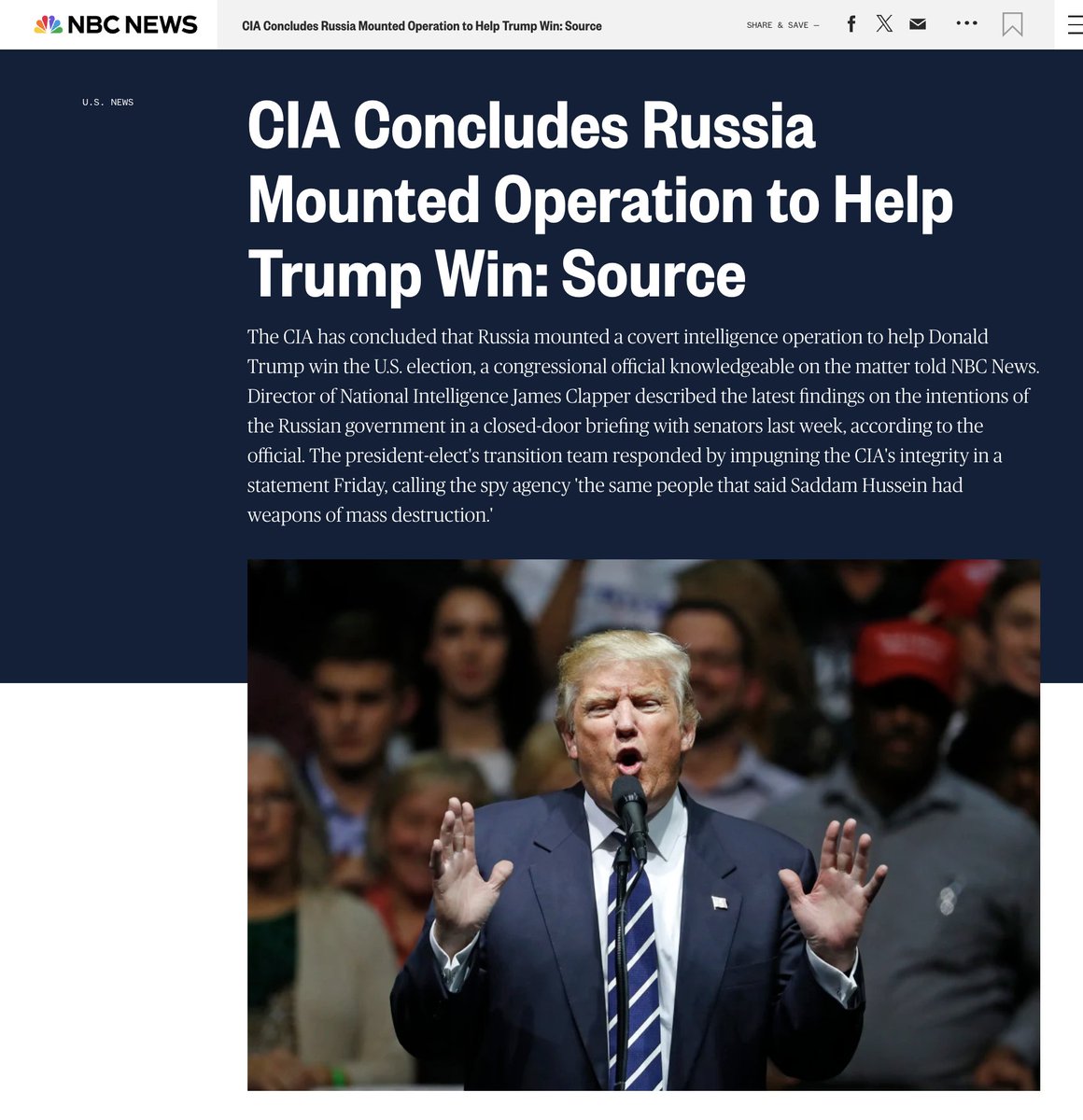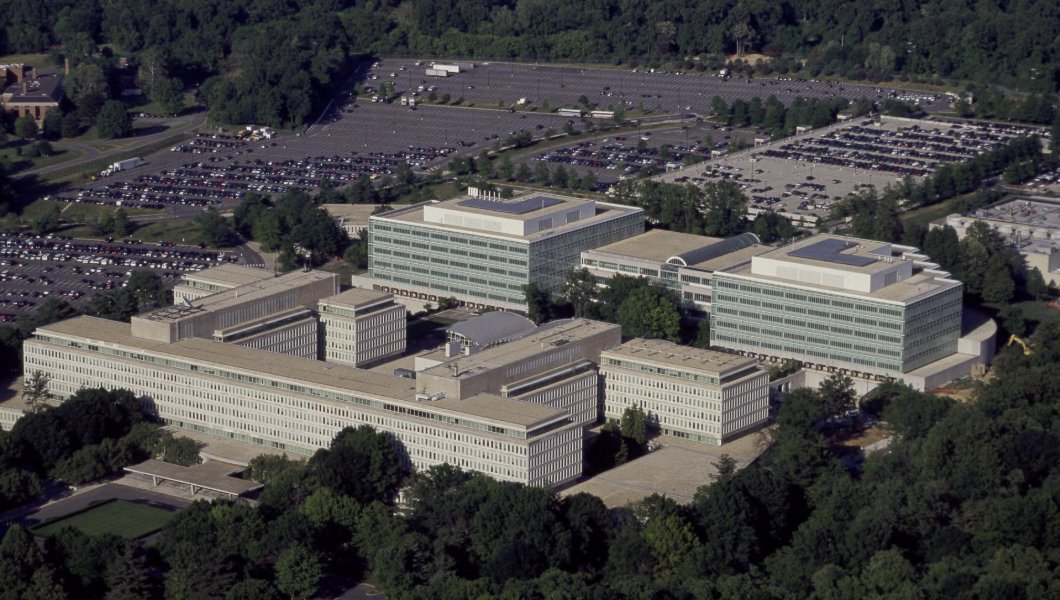1. TWITTER FILES EXTRA
The Senate, New Knowledge, and Manufacturing Russian Bot Hysteria
Reporting by @SchmidtSue1



The Senate, New Knowledge, and Manufacturing Russian Bot Hysteria
Reporting by @SchmidtSue1



2. On December 17, 2018, a new report to the Senate Intelligence Committee describing pervasive Russian bot activity generated scare headlines by the dozen: 
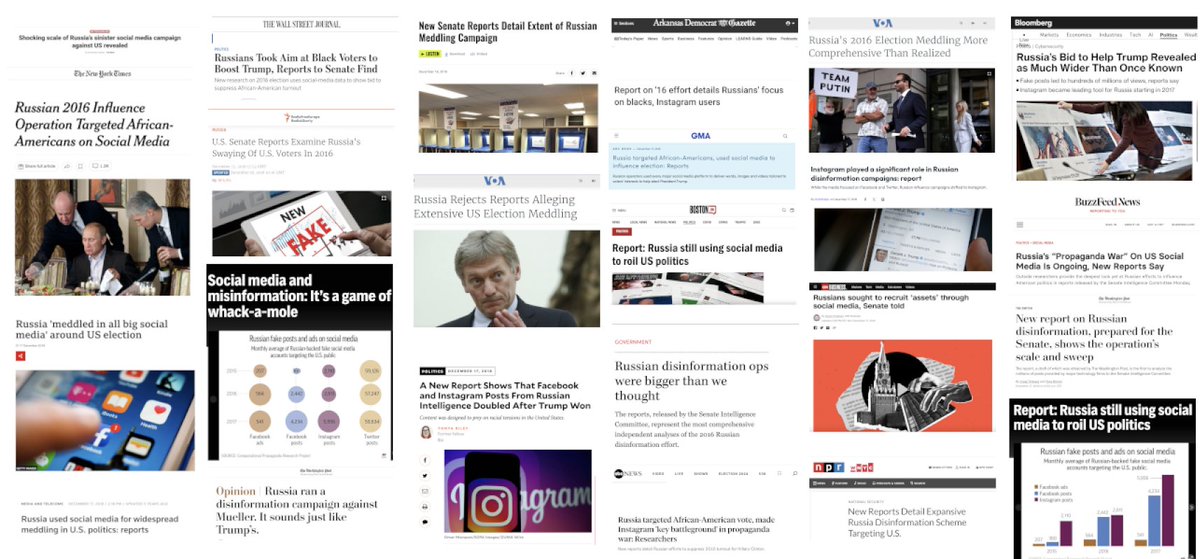
4. This was the peak of Russiagate panic. Stephen Colbert days later ran a feature about Robert Mueller rescuing Santa Claus – they were old “Nam” buddies, apparently – so they could deliver Donald Trump new orange “pajamas” for Christmas:


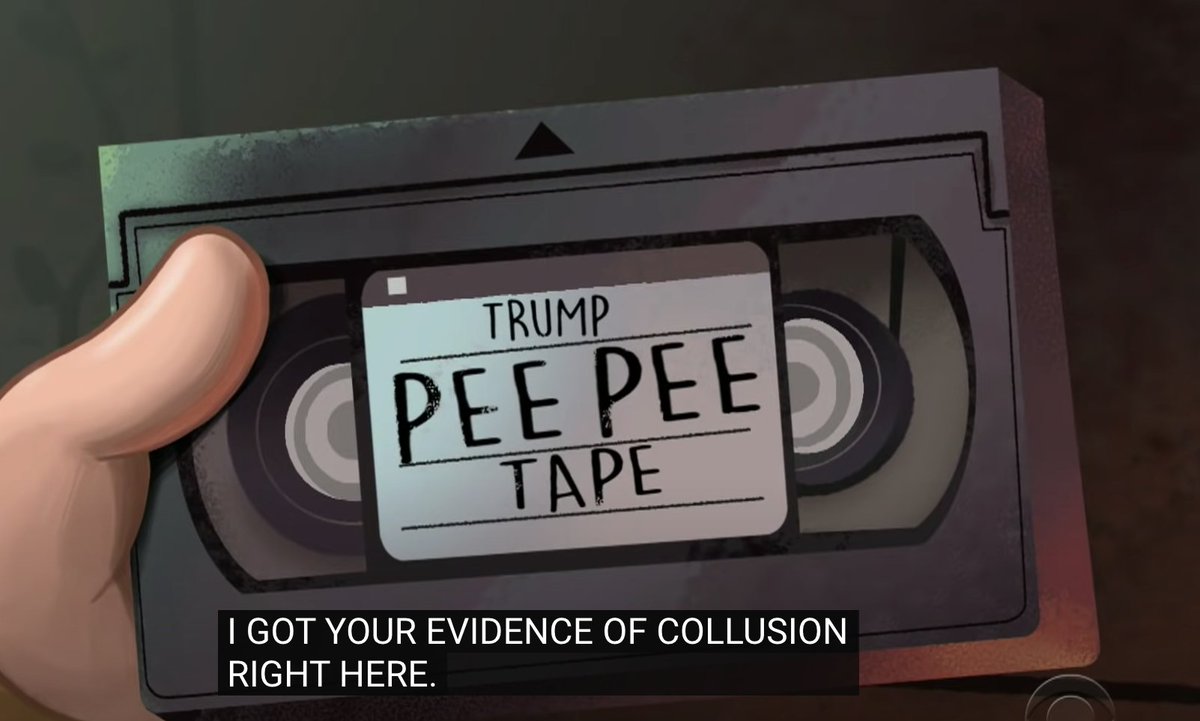

5. Internally at Twitter, executives were calling BS on the Senate report, lead-authored by a firm called New Knowledge.
“Nothing to see here,” wrote Trust and Safety chief Yoel Roth.
“Nothing to see here,” wrote Trust and Safety chief Yoel Roth.

6. Regarding accounts identified by NK as Russian, Roth wrote “may be spam, but nothing insidious,” and “don’t want to throw fire on the NK report by making anyone think they’re correct.” 

7. Twitter knew what the public didn’t: the CEO of New Knowledge, Jonathon Morgan, helped design the infamous Hamilton 68 dashboard, which Roth called “bullshit.” 

8. Twitter’s Nick Pickles tied NK to Hamilton in describing its method: “They pick accounts that they have deemed to be IRA controlled, and then spin up bigger macro analysis of their activity.”




9. He added: “We have met with them several times and they have gone out of their way to avoid giving any meaningful insight into their methodology.” 

10. Two days after the Senate report, the New York Times reported New Knowledge had been caught faking the existence of Russian bots and linking them to Republican Roy Moore in an Alabama Senate Race. 

11. Weeks later, it came out New Knowledge also ran a phony Facebook page boosting two campaigns to aid Democrat Doug Jones in the Alabama race. 

12. The Alabama projects were engineered by former Obama administration official Mikey Dickerson, and funded by billionaire Reid Hoffman, who subsequently apologized. 

14. Pickles added the episode highlighted the “ongoing question of people who do this sort of work conflating basic spam issues with nefarious foreign influence.” 

15. He would later add that NK decided to “engage in their own info ops in a special election,” adding that another Senate author, Graphika, had been “over-stating the problem”: 

16. Former State Department official Daniel Fried said he hoped the Alabama incident would be “so scandalous and discredited that no one dares do it again,” adding “Putin’s ultimate victory” would be to “turn us into them.”
17. The Alabama/New Knowledge story was already public when NBC published a hit piece on then-presidential candidate Tulsi Gabbard’s alleged Russia links citing New Knowledge as a source:



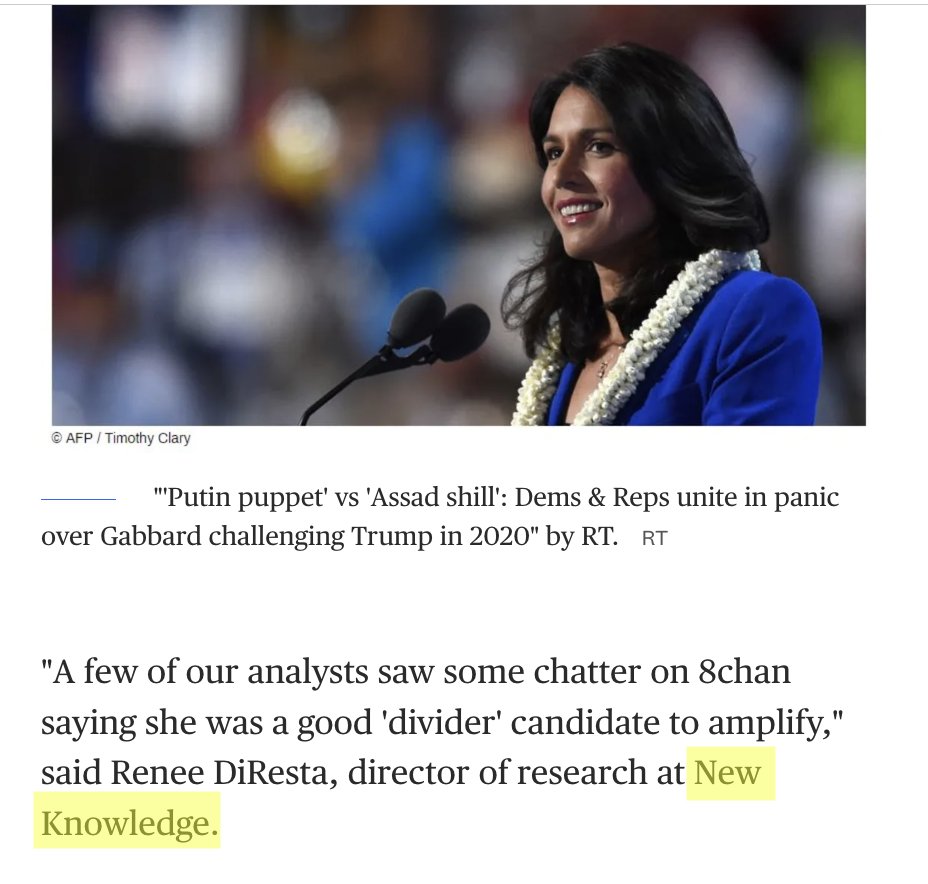
18. The Senate Intel Committee has never fully answered questions about the methodology of its influential report - or about one of its author's ties to Hamilton 68. The episode also raises questions about news outlets who knew the Alabama story was coming but said nothing. 

19. A spokesperson for Warner told @SchmidtSue1, the reports “speak for themselves” and the Committee “did not endorse” them, rather encouraging Americans to “draw their own conclusions.”
20. Neither Roth nor Pickles responded to requests to discuss New Knowledge. DiResta and Morgan did not respond to interview requests.
• • •
Missing some Tweet in this thread? You can try to
force a refresh




